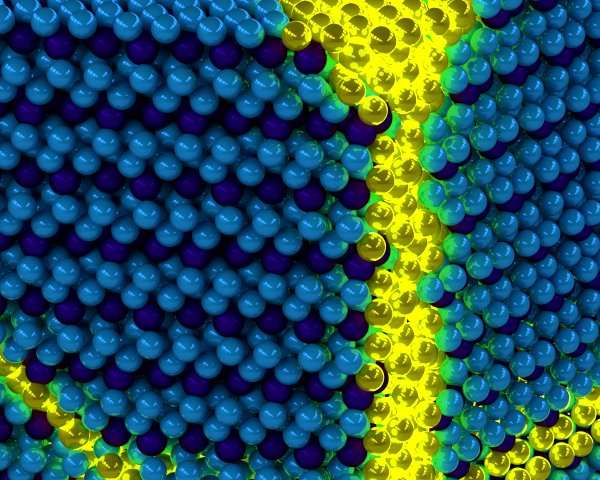Best of Last Week – A new form of matter, saying hello to SIMPs and how exercise changes your gut biome

(Science X)—It was another good week for physics as a team of researchers from several institutions in the U.S. and one in Amsterdam, announced that the discovery of a new form of matter: the excitonium—it was theorized to exist almost 50 years ago, and now, this new team has proved it does.
Also, a team at Northwestern University conducted an experiment that demonstrated quantum mechanical effects from biological systems using quantum entanglement. And officials with the International Thermonuclear Experimental Reactor announced that their nuclear fusion project has reached a halfway construction milestone. The experimental reactor is being built in France to show that nuclear fusion can be a viable source of energy. Also, a team at the University of California announced that MACHOs are dead. WIMPs are a no-show and we should say hello to SIMPs: A new candidate for dark matter. And a pair of physicists, Olga Goulko with the University of Massachusetts in the U.S. and Adrian Kent with the University of Cambridge in the U.K. announced that their work with the grasshopper problem yielded insight into quantum theory.
In other news a group led by a computer scientist at the University of Maryland announced the development of a new algorithm that repairs corrupted digital images in one step. And a team at the University of Washington announced a first: 3-D printed objects that connect to WiFi without electronics by printing plastic objects and sensors that can collect useful data and communicate with other WiFi-connected devices entirely on their own. Also, a team at Temple University found that canola oil can be linked to worsened memory and learning ability in Alzheimer's patients. And a team at Google announced the development of NASNet an AI system that was the child of another AI system or as the company described it: When AI is made by AI, the results are impressive.
And finally, if you have ever noticed that your body seems to change how it digests and processes the food you eat when you exercise, it might not have been a mirage. A combined team from the University of Illinois and the Mayo Clinic found that exercise changes gut microbial composition independent of diet.
© 2017 Science X